“Two years ago, the women of Crossroads requested a vocational training program that would prepare them to serve women with similar experiences,” says Cory Lee, Executive Director at Crossroads for Women. “In response, we created a training program that supports alumni in becoming Peer Support Workers.”
In conjunction with the vocational training program, Cory and two interns, both former clients, also began developing a Peer-on-Peer Support Services (POPSS) program aimed at engaging program alumni and connecting them with Peer Support Specialists. Crossroads for Women now offers paid Peer Support Specialist positions as part of the POPSS program.
“There’s something special about having someone who was a former client support other women in the program,” says Ashley Sena, Maya’s Place graduate and current POPSS Program Coordinator. “Peer Support Workers and clients already have trust and understanding between them.”
“There’s something special about having someone who was a former client support other women in the program. Peer Support Workers and clients already have trust and understanding between them.”
Ashley Sena, POPSS Coordinator

The Peer Support Specialist position offers a viable career path for women in recovery who are also interested in social work and wanting to give back. Like most justice-involved women, Celeste Estrada found it difficult to secure a good job after completing the Maya’s Place program due to her background. She put in 134 applications before securing a job at Little Caesar’s.
Despite being an exemplary employee and moving into the role of Assistant Manager, Celeste struggled to get promoted further. “They kept promising me my own store but because of my felony background it wasn’t going to happen,” says Celeste. “I thought I would never get out of the food service industry.”
When Celeste learned of an open Peer Support Specialist position at Crossroads, she was surprised at how perfect the job sounded. “Once I saw the job description I was like, ‘Wait, what? I already do this! It’s just me being me.'”

“Being a Peer Support Specialist means having compassion and being able to listen to people–no matter what. It’s a judgement-free zone with a peer who’s lived it.”
Celeste Estrada, Case Manager and former Peer Support Specialist
“Being a Peer Support Specialist means having compassion and being able to listen to people–no matter what. It’s a judgement-free zone with a peer who’s lived it,” says Celeste. “After getting my first Peer Support Specialist job and seeing what I can do to help others, I know anything is possible.”
Working as a Peer Support Specialist with the POPSS program, Celeste gained the professional and social work skills she needed to move into a full-time position as a Case Manager a few months ago. She continues to used her lived experience as a source of strength for herself and the women she serves.
Celeste’s story demonstrates the transformative power education and vocational training can have in a woman’s life.
Empower women like Celeste on Giving Tuesday
For #GivingTuesday, you can empower women like Celeste to obtain the education and vocational training they need to become Peer Support Specialists and more. Make your gift to Crossroads for Women!
